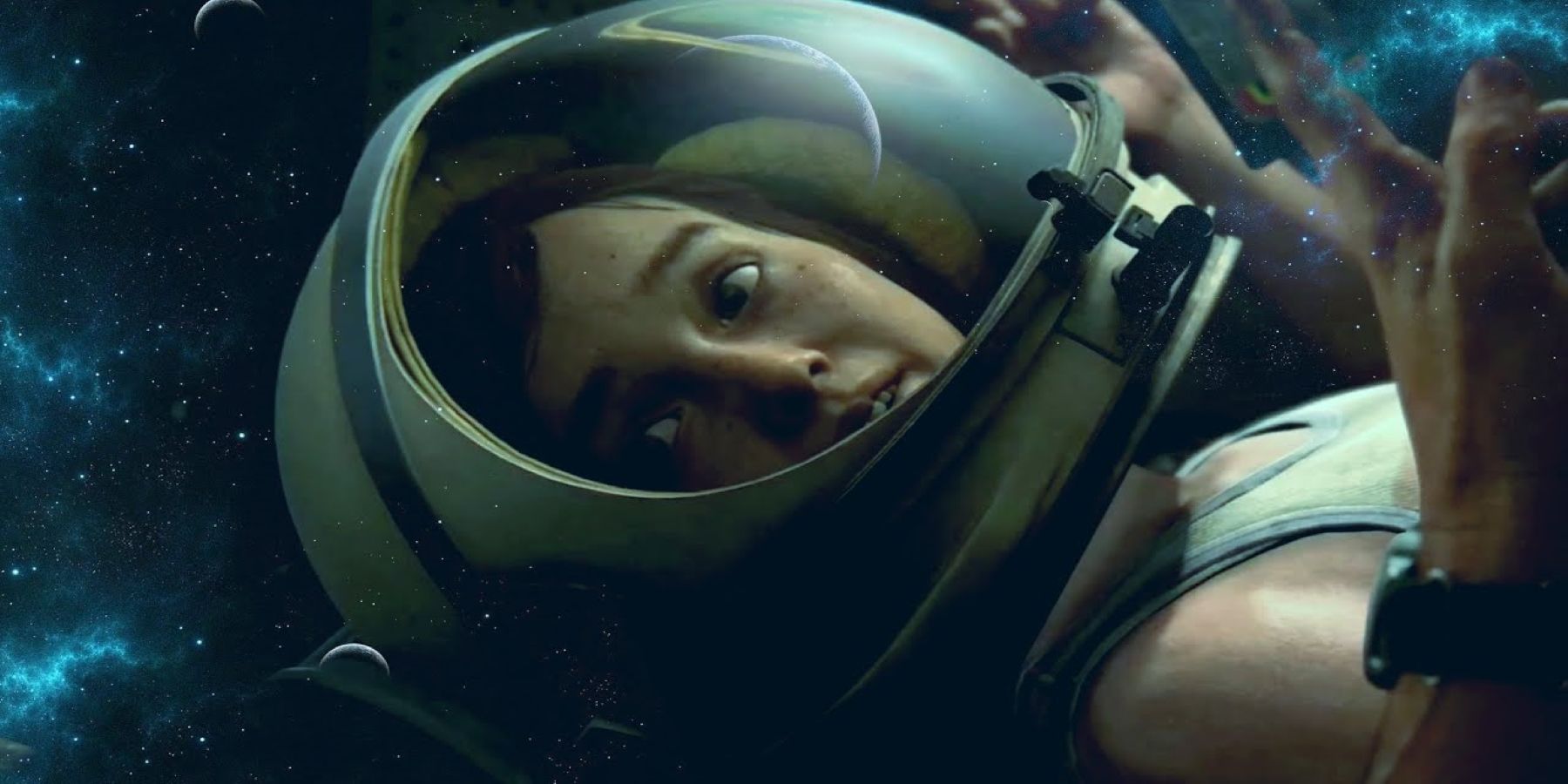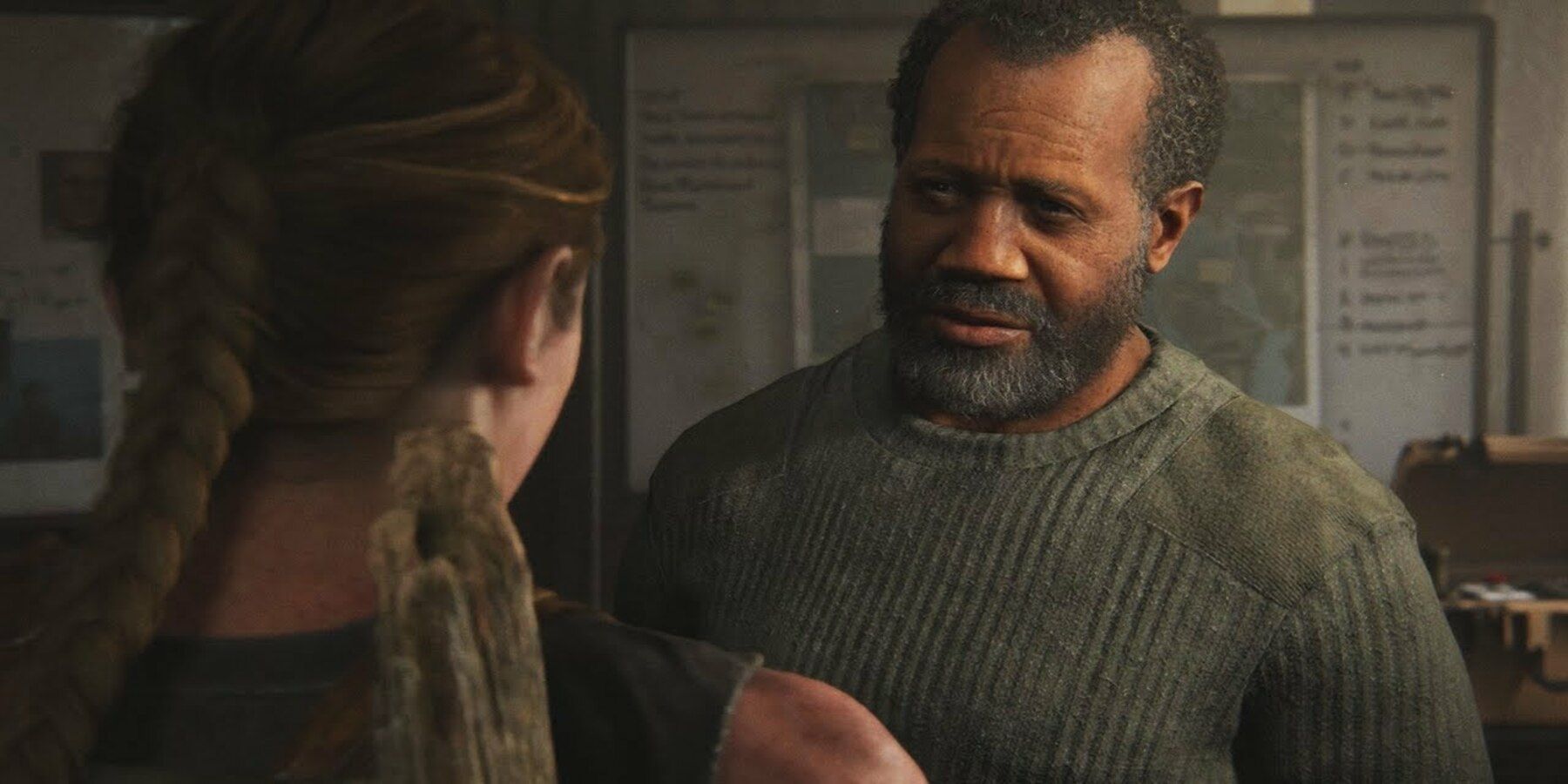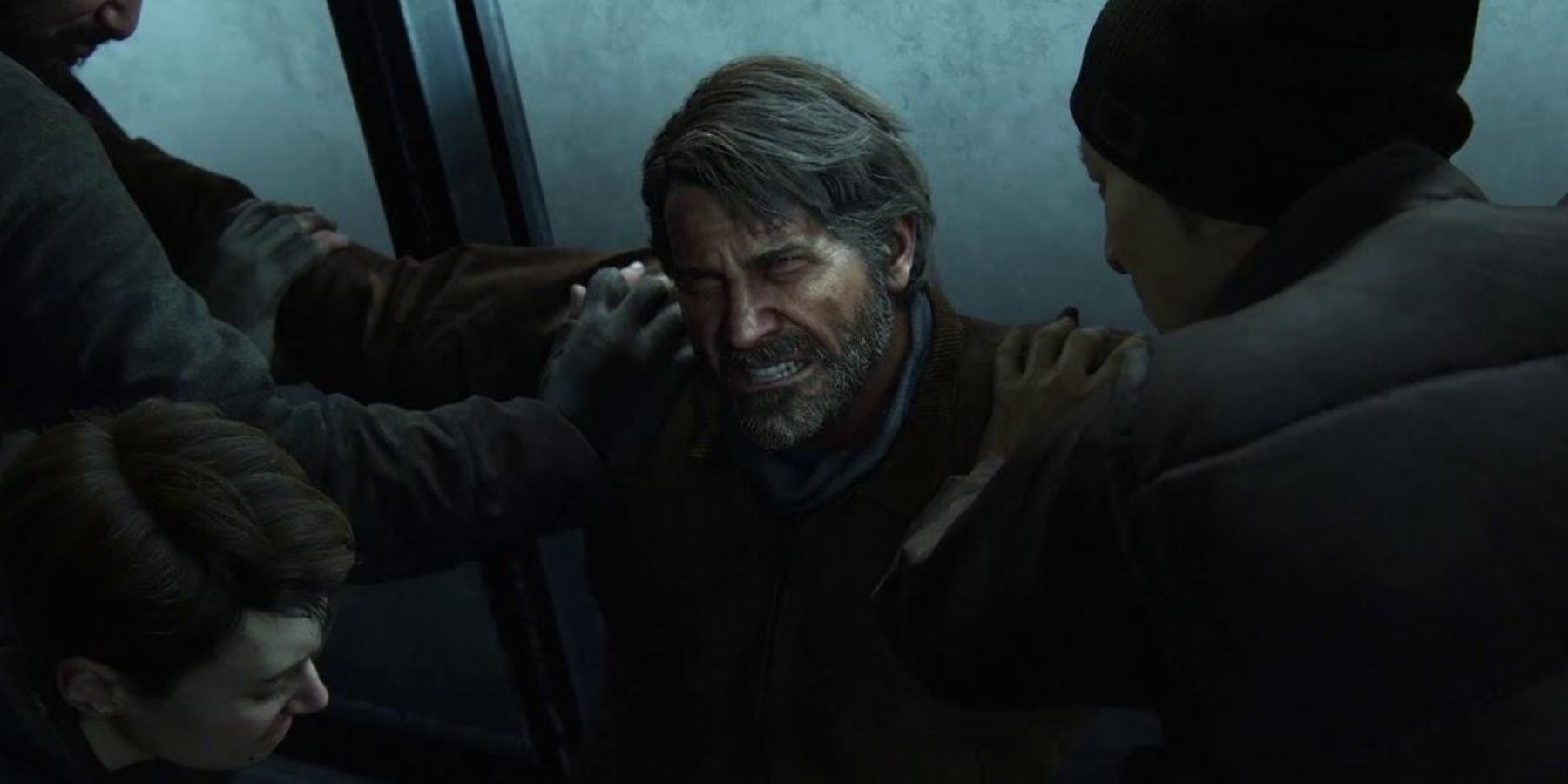The Last of Us on HBO was a wonderful adaptation of a game that is fast becoming a classic. It expanded on certain story elements like Bill's relationship with Frank in TLoU, the trials and tribulations that Sam and Henry had to deal with, and brilliantly recreated some epic scenes that simply did not need to be tampered with. Ellie's candid conversation with Joel in Jackson and Joel's cruel assault on the Fireflies' hospital are recreated almost exactly the way they were presented in 2013, and they showed that Naughty Dog's storytelling prowess extends into two mediums and still has the potential to impress.
The first season of the show covers the 2013 game, and Joel and Ellie's tumultuous journey to Salt Lake City. With a strong critical and commercial performance and more viewers tuning in every week, a second season felt like a formality, and when it was announced during the airing of the first it wasn't a surprise. Pedro Pascal's Joel and Bella Ramsey's Ellie will return, and an adaptation of the second game will introduce the uninitiated to Ellie's quest for revenge in Seattle. However, The Last of Us 2 stumbled in some narrative aspects, and HBO's The Last of Us has the opportunity to make some changes for the better.
The Last of Us 2's Structure is Hit and Miss
HBO's The Last of Us did well with the flashbacks it had to work with. Making Bill and Frank's wonderful love story a tale set in the past was a stroke of genius, and The Last of Us' Left Behind and Riley's input being adapted to fit a whole episode did well to shoehorn essential character development for Ellie into the journey. However, The Last of Us 2 is far more liberal with its use of flashbacks, and it can get jarring and awkward at times. They provide clarity for the characters and their motivations, which is welcome, but the way they are implemented is not perfect, and there is substantial room for improvement.
The Last of Us 2 is more ambitious than its predecessor in both scope and storytelling, and as such it's harder to keep it all feeling cohesive. HBO has the creative freedom to do things differently, so reshuffling the flashbacks into a chronological order would not only stop the story from being messy, but could also make the show stand on its own two feet, surprising people who played the game and allowing all viewers to experience its tale for the first time in a unique way.
The Last of Us 2 has Characters That Don't Need to Be There
One of the reasons why The Last of Us was so successful was its simplicity. It's one man taking one girl across a ruined America to bring her to the people who can use her for a cure, that's it. It clearly takes inspiration from the likes of Cormack McCarthy's The Road and The Hughes Brothers' The Book of Eli, and is so easy to follow and enjoyable because the people that the pair meet are usually either hostile or short-lived. Joel and Ellie have each other to rely on, and nobody else. The Last of Us 2 introduces more friendly faces for both Abby and Ellie who flesh out the world a little more and show that there is at least some civility in the madness.
However, they rarely have any significant impact on the story and don't really justify being there in the first place. Jesse is a convenience at best, showing up in the nick of time in The Last of Us Part 2's Seattle, somehow finding Ellie right on time. Furthermore, Mel only feels like she's in the story to eventually be killed by Ellie, and Isaac would have been more compelling if he wasn't there, rather just spoken about like a mysterious enigma. HBO deciding to cut them entirely wouldn't be a huge loss and could focus the story so that it doesn't fall into the same trap the game did by being too crowded.
HBO Needs to Tread Lightly with Joel's Fate
The Last of Us 2 leans on the fundamental story beat of the past coming back to haunt the characters, and that big decisions can come with substantial, even fatal consequences. Joel spent five years in relative harmony in Jackson after the first game, and so when he enters the Washington Liberation Front's temporary outpost, he does so as a man with a softened heart and a rebuilding trust for those around him.
When Abby confronts Joel with his past that he'd surely rather forget it's a stark reminder of how hostile the world is. His death is hard to watch, but it's essential for the story. HBO's The Last of Us has to double down on this, no matter how polarizing, but the time leading up to it has to make the finality feel somewhat understandable.
In the game, players don't have enough time with The Last of Us 2's Abby early on to make it feel like a moral conundrum. It all happens so quickly, so when it asks players to now spend time with her in the latter half, it's hard to like her because she did something so terrible to a character that fans of both the show and the game have come to love. Giving her more screen time to demonstrate the positives in her personality before she exacts her revenge would add to the conflict that viewers will feel when the fateful moment happens.
HBO's adaptation has no obligation to fit into a specific time frame either, so having viewers spend a substantial amount of time with Joel in Jackson before his fateful meeting with Abby could give context to why he wasn't instantly distrustful. Joel's end is the most impactful moment in the entire series, for better or worse, and as Pedro Pascal is universally loved, his character's death has to feel like it adds to the story rather than takes away.
The Last of Us season 1 is available to stream now on HBO Max.




